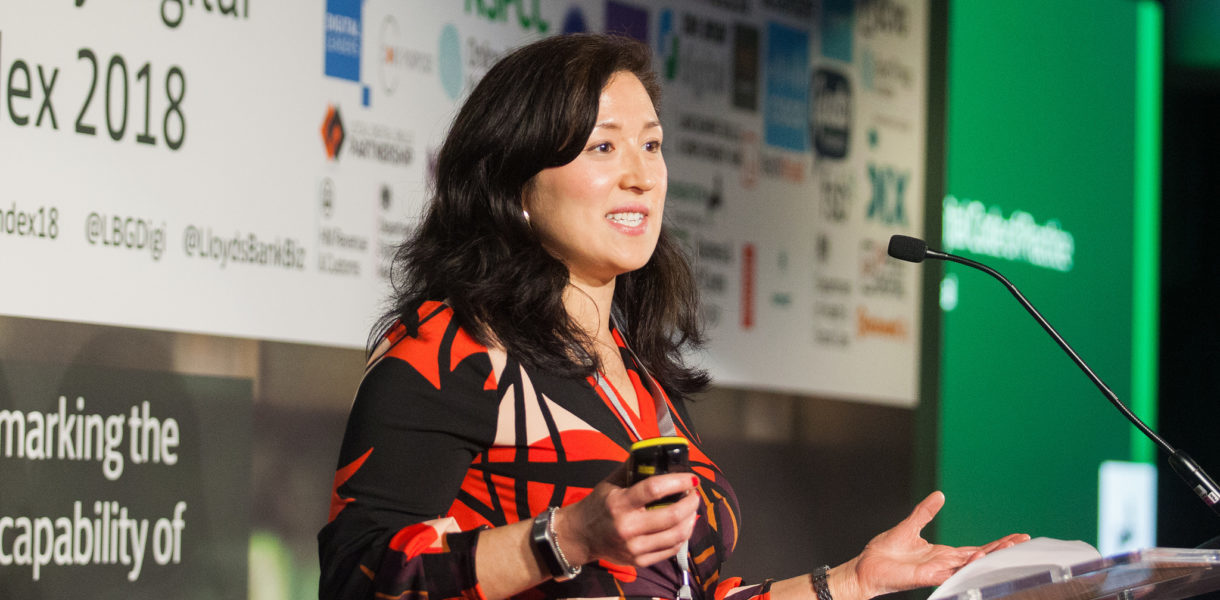 Insight
Insight


If you want to make yourself feel old, think about how much the world of work has changed during the time you’ve been in it. I’ve seen how email and then digital collaboration tools such as Slack have grown, along with flexible working. Since I joined the charity sector in 2008 how we communicate, fundraise, manage and lead has shifted. The workplace now is so different to the one I entered, and feels more exciting and vibrant as a result. But have we seen an equivalent change in trusteeship?
Don’t get me wrong. I’ve spent 11 years sitting on charity boards and I’ve learned a huge amount from it about how to think strategically, persuade and influence and make difficult decisions. But as the workplace becomes progressively more agile, should trustees adopt this way of working?
How often have you heard the phrase ‘We’ll need to wait for the board meeting’ at a crucial decision making stage in a project? Having sat on the other side of the table, I know that trustees can be an invaluable check and balance. But what is the right level of scrutiny, and how can it be structured so that key opportunities aren’t missed?
This issue is really important to me. In The Charity Digital Skills Report most charities (68%) rated their board’s digital skills as low or having room for improvement. We’re currently looking for examples of great digital trustees and strong digital leadership for The Social CEOs awards. As a sector we must ask ourselves what we want from our leaders and if we are really giving them the tools and support they need to fulfil that role.
Although the Agile Manifesto was about better management practices for software development, some of its principles apply to what it means to be a successful team player- and trustee- in the modern age. Putting users at the heart of what you do, working collaboratively and being able to respond to change quickly are all essential to good governance.
Here are a few things I’d suggest to help boards work in a more agile way.
As a veteran of four boards and having undertaken several non-exec roles, I’ve sat through many board meetings in the past where we’ve waded through a huge agenda in a 5 hour meeting. When was the last time you had a chance to pause? Time to stop and think is an agile principle. You could take a leaf out of Jeff Bezos of Amazon’s book and start meetings by reading a particularly critical board paper in silence. Not the whole board pack- just one key document that trustees need to take a decision on. And since users’ needs are at the heart of agile, how could your board use this as a touchstone?
Whilst we’re talking about reflecting, agile methods include allowing teams to look at how they could work together more effectively, and adjust their behaviour accordingly. Exec teams give this issue due attention. Why not boards?
Should charity governance revolve mainly around quarterly meetings as their big set pieces? Is the board working at a pace that matches that of the organisation, and could using digital tools inbetween meetings such as a Slack channel grow mutual respect, understanding and challenge amongst trustees?
Suzy Christopher, independent strategic communications consultant, inclusion specialist and charity trustee thinks that boards need to embrace tools that help them to collaborate better. Not only should boards go paperless, but allowing trustees to attend meetings remotely and communicate inbetween could help boards work together more effectively.
“Today it’s the norm in many organisations to be able to work from wherever, and employees are equipped with the right collaborative tools to enable this – but a lot of Boards have terms of reference that insist on trustees attending all meetings in person. I query whether this makes Boards effective,” says Christopher. “And more than this, enabling trustees to attend Board meetings remotely would also be a huge step forwards from an inclusion standpoint as it would overcome some of the constraints faced by people for whom travelling is more difficult.”
That’s a direct quote from the agile manifesto and if we want boards to understand, use and challenge digital on the board someone has to fly the flag for it. You’ll need a trustee who is brave, resilient and focused on bringing the other trustees with them. Christopher told me that, “I’ve recently taken on this role for one of the Boards on which I serve, and will be working closely with my peers on a one to one basis to explain the benefits of adopting a ‘digital’ focus, both to improve productivity and efficiency at Board meetings and also to help the charity achieve a greater impact through the work it does with young people.
Agile’s focus on continual improvement appeals to me both as a digital professional and a trustee. Perhaps discussing how your board can do this is a good place to begin when looking at how your board raise the bar not just for the charity, but its own performance.
Nominations for the Social CEOs awards can be made here.
Nominees will be judged by a panel of voluntary sector leaders and the results will be announced on Thursday 21 November. All entries must be received by midnight on Friday 27 September.